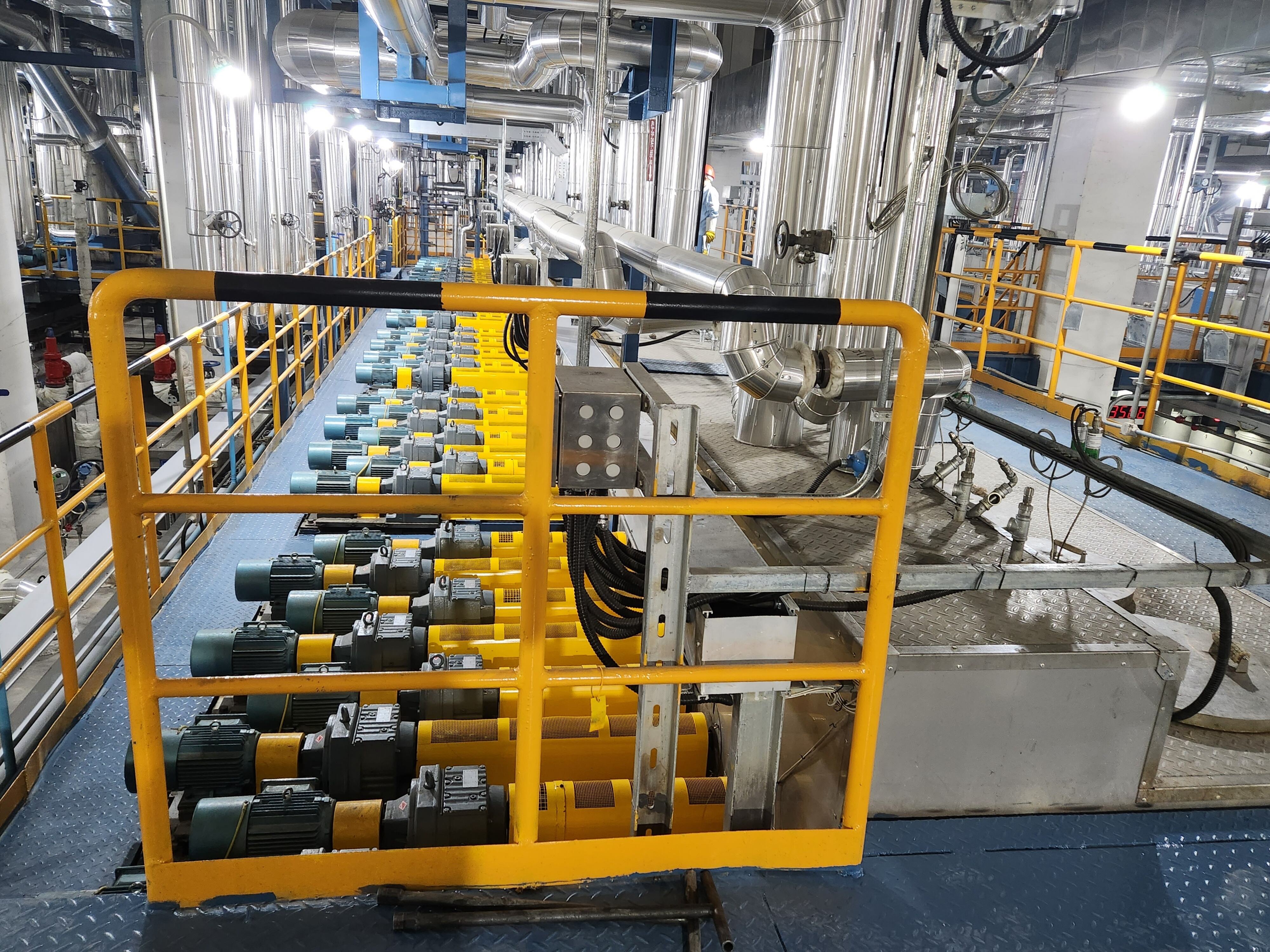Biodegradable fiber is important in the reduction of pollution caused by the use of non-degradable fiber. This is particularly important with the use of the eco-friendly products offered by SZSOFTGEM. With experience in different fields using the different biodegradable fibers of different quality, SZSOFTGEM has been a source of eco-friendly, high quality biodegradable fibers for diverse eco-friendly products. Some industries are heavily rely disposable products that are high in environmental impact or have high environmental product requirements. These industries are the most likely to benefit from the increased use of biodegradable fibers, and help enterprises and investors identify market opportunities. This article delves into the industries that benefit most from the use of biodegradable fiber.
The packaging industry is perhaps the industries that benefits most from biodegradable fibers as it is excessive use of packaging that created the environmental pollution that biodegradable fibers help address. The replacement of plastic packaging with biodegradable fibers assists with the negative environmental impact of plastic pollution. SZSOFTGEM has biodegradable fibers that are used for numerous environmentally sustainable packaging such as shopping bags, food containers, and gift packaging.These biodegradable fiber packaging products can safely decompose without pollution into harmless constituents in natural environments like soil or water in a few months to a year. For the packaging industry the use biodegradable fiber meets the ever more stringent environmental legislation and sanctions across the world while improving the image of the companies and winning the trust of eco-friendly consumers. Thus, the packaging sector has disproportionate benefited from the biodegradable fiber.

Unlike packaging, the textile and apparel industry has a greater proportion of benefits from biodegradable fiber. Older textile materials, such as polyester and nylon, are non-degradable and discarded clothing accumulates in landfills or pollutes the oceans. Biodegradable fiber, such as bamboo fiber, hemp fiber and corn fiber developed by SZSOFTGEM, has good breathability, comfort and biodegradability, making it suitable to produce numerous clothing and textile products. Biodegradable fiber clothing can decompose safely after disposal, and free of pollution. Moreover, growing consumer environmental awareness leads to increased sales of eco-friendly textile products.
Countries that have plastic pollution issues typically use and lose a lot of plastic mulch used in agriculture. Biodegradable mulch created by SZSOFTGEM keeps moisture in the soil, and even regulates soil temperature and promotes crop growth. It decomposes during the crop growth cycle and improves soil health, and does not have to be recovered after use.
Containers made of biodegradable fiber improve crop growth as well. They can be buried and planted with seedlings, decomposing with the container as the roots grow, and providing nutrients to the seedlings as they grow.
For the agriculture sector as a whole, and especially farmers, it's untapped potential economically. Because of this, the agriculture industry is a key beneficiary of the biodegradable fiber.
The hygiene products industry which includes products like disposable diapers, sanitary napkins, and wet wipes, also enjoys the benefits of biodegradable fiber. Hygiene products of old incorporated non-degradable plastic, chemical fiber, and other products which would degrade and pollute the environment. Some chemical fiber also irritates the skin. Biodegradable fiber used in hygiene products by SZSOFTGEM has good biocompatibility and softness, which can reduce skin irritation and improve product safety. By using biodegradable fiber, the hygiene product can also be disposed of without polluting the environment. With the growing concern for personal hygiene and health, the hygiene product industry serves the personal safety and eco-friendly dual needs of consumers, improving market and profit potential. Hence, the benefits of biodegradable fiber in the hygiene products industry is apparent.

The health care and medical industry, especially disposable medical supplies is another area with uses for biodegradable fiber that cannot be overlooked.
Hospitals generate a lot of waste every day. Disposable medical supplies like surgical gowns, masks, and gauze are often burned after incineration, which can lead to toxic emissions. SZSOFTGEM develops medical-grade biodegradable fiber, which can allow medical supplies to be disposed of and treated biodegradable to prevent the harmful emissions caused by incineration. Additionally, supplies made with biodegradable medical fiber could further prevent cross-infection. The medical and healthcare industry can appreciate the use of biodegradable fibers and the improvement of safety in their supplies, as the industry can also find environmentally friendly waste disposal solutions.
The biodegradable fiber also benefits the catering industry, which is a major user of disposable tableware like bowls, plates, and chopsticks.
Plastic or foam tableware is hard to degrade, highly contributes to white pollution, and is a major source of white pollution. SZSOFTGEM has produced fully biodegradable fiber tableware composed of natural plant fibers like wheat straw and rice husks. These tableware products are suitable for "catering" since they are heat resistant and do not deform easily under pressure. The adoption of biodegradable fiber tableware in "catering" fulfills customer legal requirements and improves the brand image of these businesses. This positivity attracts more environmentally conscious customers. The environment gains the most benefit as the catering industry shifts to biodegradable fiber products, all the while maintaining profit.
 Hot News
Hot News2024-07-25
2024-07-25
2024-07-25